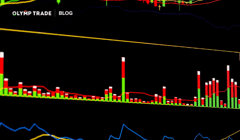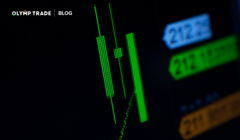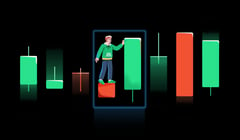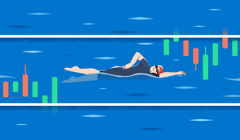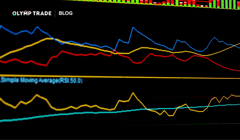
Let’s plunge into Europe in the 17th century, all the way back to 1636–1637. This was the time that futures contracts gained unprecedented popularity. In this video, you will learn an interesting story about futures exchanges. Happy viewing!
Subtitles for video are available in English.
Brief contents
Futures contracts gained unprecedented popularity in the 17th century. The period from 1636-1637 in financial history is listed as Tulip Fever. In this video, we will talk about how tulip bulbs became the impetus for creating the first futures exchanges.
The high value of tulip bulbs
It’s hard to believe, but overnight, the bulbs of expensive varieties of tulips became the main subject of bidding. People of different classes and professions joined in for the auction, wanting to snatch a piece of the delicious financial pie. This phenomenon is called Tulip Fever.
Back then, rare bulbs cost a fortune! A few of these bulbs were worth enough to buy a property. Faith in their further growth was unshakable. To buy rare bulbs, some people sold the most valuable thing to them — their house or farm.
Speculators went even further and began to buy bulbs that weren’t grown yet. Ultimately, these contracts ended up on the stock exchange. It was truly an economic phenomenon!
Just imagine that people who didn’t have tulip bulbs sold them to people who weren’t planning to do anything with them. In this way, speculators profited from tulip bulbs without ever touching one.
But this couldn’t go on forever.
Effects of Tulip Fever
The world’s first stock-market bubble burst, and prices collapsed along with it. Far-sighted entrepreneurs made a fortune by getting rid of their overvalued assets in advance.
Tulip Fever led humanity’s economic journey towards a new frontier — futures exchanges.
In the next video, we’ll tell you about it in detail. Stay tuned!
Go to PlatformRisk warning: The contents of this article do not constitute investment advice, and you bear sole responsibility for your trading activity and/or trading results.


